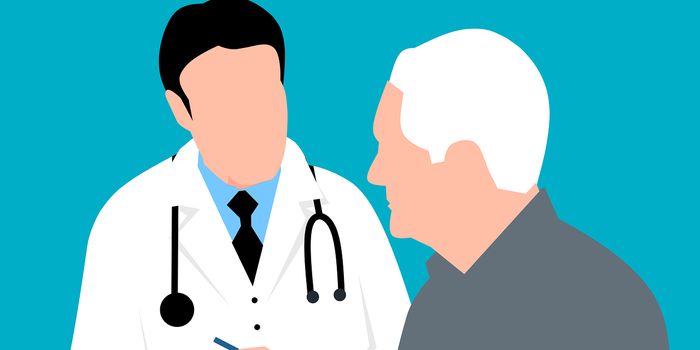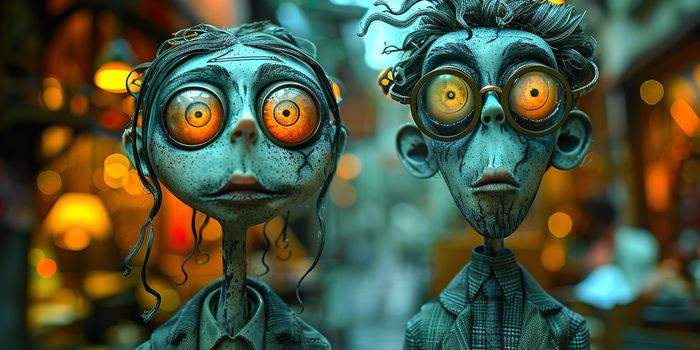Bias against unmarried cancer patients
A new study published in The New England Journal of Medicine examines the biases behind the cancer treatments that doctors prescribe, coming to the conclusion that the fact that unmarried patients are less likely to survive cancer could be partly due to doctors’ stereotypes of single people.
One of the factors that doctors consider when prescribing certain medical treatments is the social support network that a patient has. When recommending surgery, radiotherapy, or chemotherapy, doctors know that patients will need a strong support network to help them get through the physical and emotional challenges during and post-treatment. That makes sense. What doesn’t make sense, argues the recently published study, is that doctors are assuming that marriage and having a spouse is synonymous with having a support system – and even more dangerously, that unmarried people hence do not have such support systems and may not therefore be recommended certain treatment options.
The study was written by Professor of English Joan DelFattore from the University of Delaware. DelFattore went through this experience herself when she, an unmarried woman, was diagnosed with advanced gallbladder cancer in 2011 and realized that her doctor was judging her ability to have success with a certain treatment based on her marital status.
Despite the fact that DelFattore was able to rely on her strong social network of friends, extended family, and neighbors, "He [the doctor] wouldn't risk serious side effects [of the more aggressive treatment] with, as he put it, 'someone in your situation,'" she writes.
This isn’t something new, says DelFattore. In fact, it was first noted back in 1987 that patients without spouses were less likely to receive certain cancer treatments than their married counterparts. "This is not shocking news," said DelFattore. "What's shocking is that it's been buried in the fine print of academic journals and footnotes for over 30 years."
The study is entitled "Death by Stereotype? Cancer Treatment in Unmarried Patients," and in it DelFattore scrutinizes 84 medical articles that come from a massive National Cancer Institute database. "The statistics definitely show a connection between marital status and the treatment patients receive," states DelFattore. "There are people getting sick and getting second-best treatment."
Why is that? According to DelFattore’s thought, "Even if medical researchers mean to recommend what's best for patients, as they presumably do, their reliance on stereotypes about unmarried adults is misleading, especially when they misinterpret sociological and psychological studies that do not, in fact, support those stereotypes.”
What to do about this? DelFattore hopes that her research will start a conversation while raising awareness. Maybe, she writes, medical schools of the future will not only discuss the risk of unintentional racial and gender bias in treating patients, but also that associated with marital status stereotypes.
Sources: Science Daily, New England Journal of Medicine









